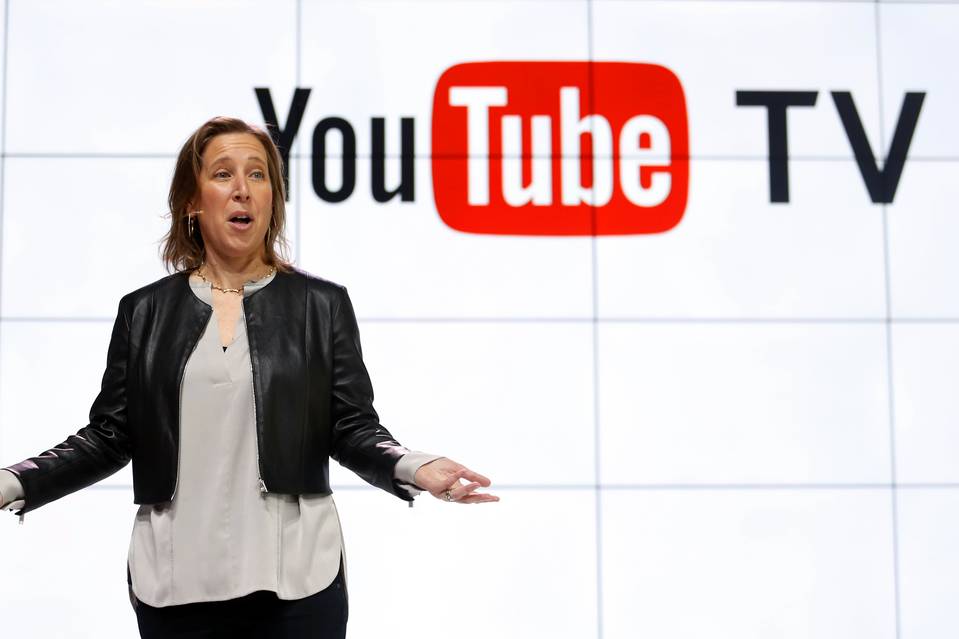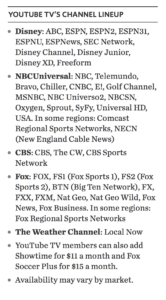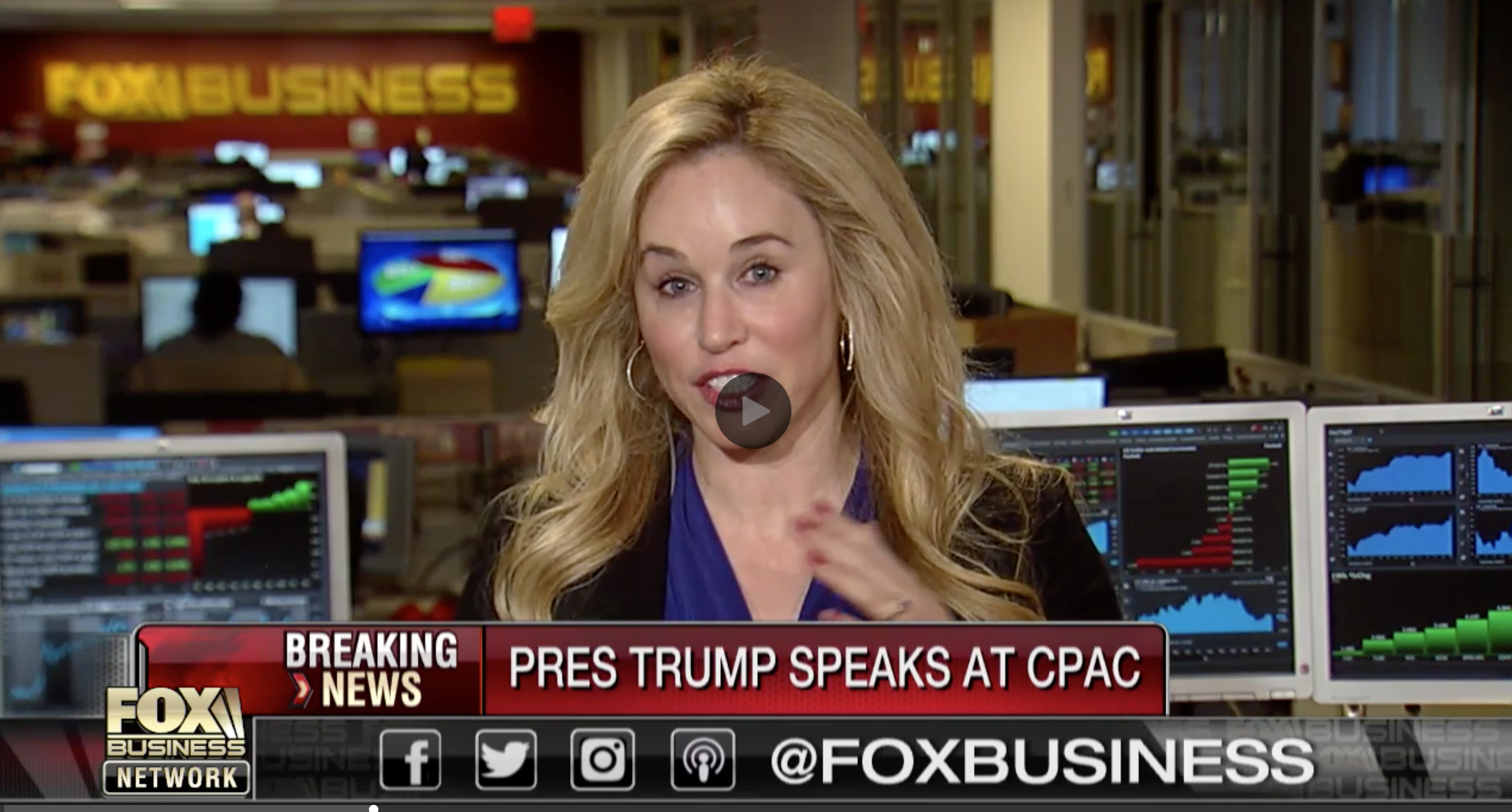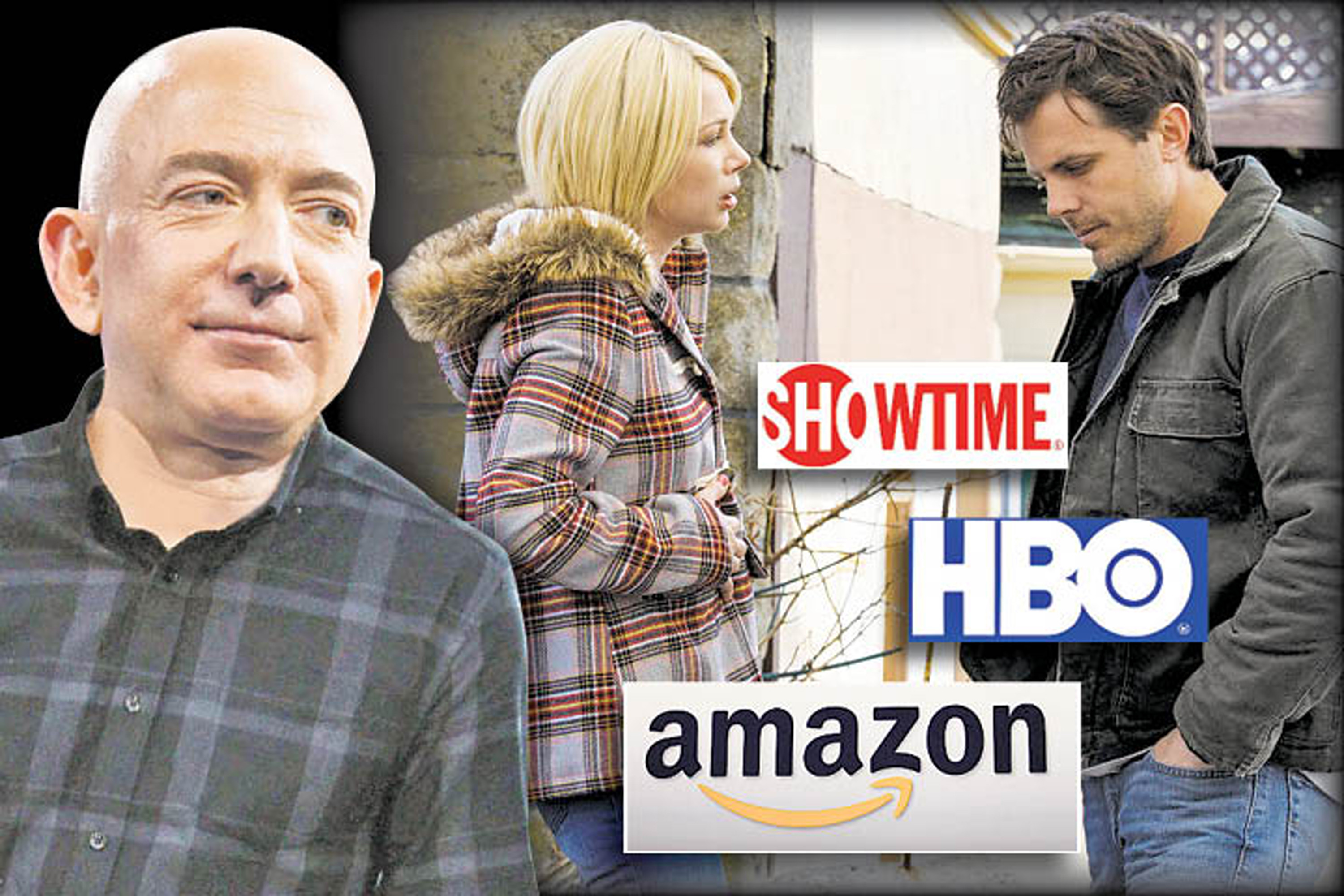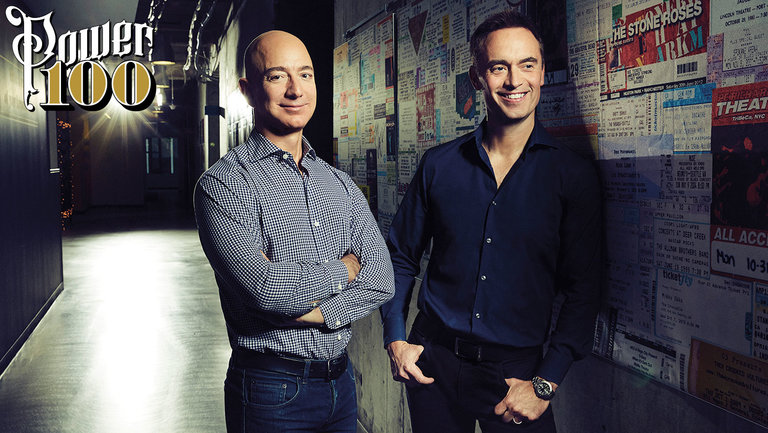Comcast rides on Verizon’s back to enter the wireless market
Comcast Corp (CMCSA.O) on Thursday unveiled a wireless service with an unlimited data plan, making it the first major U.S. cable provider to enter the highly competitive wireless market.Unlimited data, talk and text will be available by mid-year for $65 per line for up to five lines, or $45 per line for customers with Comcast’s top X1 packages, which bundle TV, internet and phone services, the company said. U.S. wireless carriers Verizon Communications Inc (VZ.N), AT&T Inc (T.N), T-Mobile US Inc (TMUS.O) and Sprint Corp (S.N) have recently offered unlimited monthly plans ranging from $50 to $90 for a single line.
Link to Story: Comcast enters U.S. wireless business with unlimited data plans | Reuters
The string of deals within our Connected Society and Content is King investment themes have been staggering over the past 12 to 18 months. The tailwinds behind it are the influence of increasingly mobile society, cord cutting and original content through non-traditional sources such as Amazon, Netflix and others. Something we have documented often in Tematica Investing the past year and tailwinds that have served us quite well on several of our positions.
Today we see Comcast, not to be left out of the wireless category, is launching its own mobile phone plan, likely in response to the move it is seeing in customers canceling their cable service. The cable operator likely sees the coming 5g rollout giving customers a reason to cancel not only their cable plan, but possibly even their home internet service too. Without those two legs of the stool, how else will Comcast distribute all of its content?
Of course, the irony of it is the service will run on the back of Verizon’s wireless infrastructure, so VZ wins either way.





